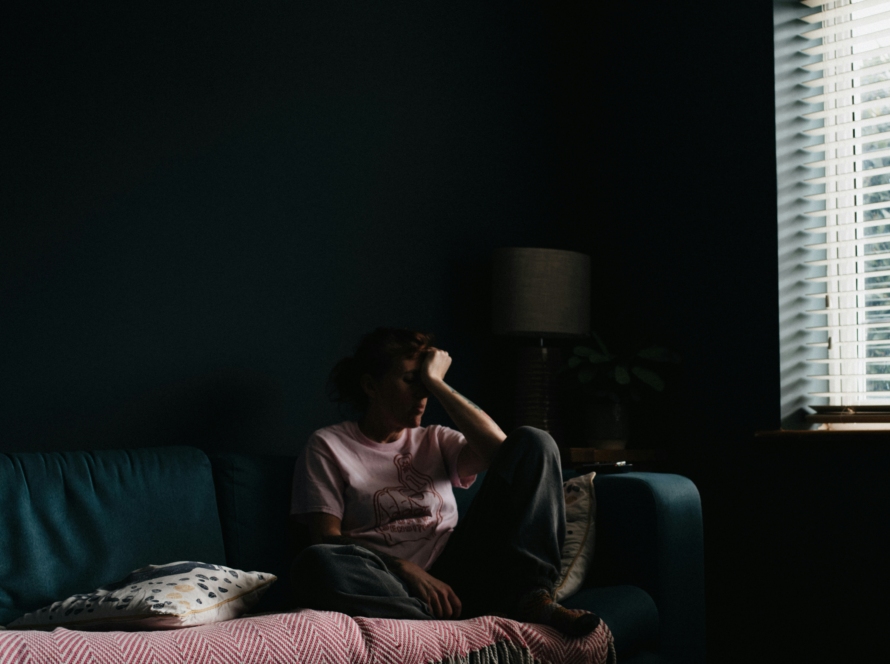The Impact of Body Image on Mental Well-Being
Body image—the way we perceive and feel about our physical appearance—is more than skin deep. It is intricately tied to our sense of self-worth, impacting not only our self-esteem but also our overall mental health. This invisible connection shapes how we navigate the world, influencing our relationships, behaviours, and emotional well-being. Understanding the dynamic interplay between body image, self-esteem, and mental health can pave the way for fostering a healthier and more compassionate relationship with ourselves.

What is Body Image?
Body image encompasses the thoughts, feelings, and perceptions we hold about our physical appearance. It has four key components:
- Perceptual: How we see ourselves, which may or may not align with reality.
- Affective: How we feel about the way we look, including satisfaction or dissatisfaction.
- Cognitive: The thoughts and beliefs we have about our bodies, such as judgments about attractiveness or capability.
- Behavioural: The actions we take based on our body perceptions, such as avoiding mirrors or engaging in dieting.
These components are influenced by a variety of factors, including societal standards, cultural norms, personal experiences, and media portrayals.
The Link Between Body Image and Self-Esteem
Self-esteem refers to our overall sense of self-worth and value. Because body image often plays a significant role in how we define ourselves, it can have a profound impact on self-esteem. When individuals feel good about their appearance, they’re more likely to experience higher self-esteem. Conversely, negative body image can lead to feelings of inadequacy, self-doubt, and even shame. Signs of negative body image and low self-esteem include:
- Frequent self-criticism about appearance.
- Avoidance of social situations due to appearance concerns.
- Comparing oneself unfavourably to others.
- Rigid behaviours to control appearance, such as extreme dieting or excessive exercise.
Poor body image can create a feedback loop where dissatisfaction with appearance erodes self-esteem. This, in turn, can increase vulnerability to behaviours and thoughts that perpetuate negative body image, such as comparing oneself to unattainable beauty ideals. Breaking this cycle requires cultivating a sense of self-worth that isn’t solely tied to physical appearance.
Mental Health Consequences of Body Image Issues
Negative body image doesn’t exist in isolation—it has far-reaching implications for mental health. Below are some common mental health issues linked to body image concerns:
1. Eating Disorders
Conditions like anorexia nervosa, bulimia nervosa, and binge-eating disorder often stem from a distorted relationship with one’s body. Individuals may resort to harmful behaviours to control their appearance or cope with dissatisfaction.
2. Depression
Body dissatisfaction can lead to feelings of hopelessness and low mood. Persistent negative thoughts about one’s appearance can exacerbate depressive symptoms and contribute to a negative self-image.
3. Anxiety
Social anxiety, in particular, is closely tied to body image concerns. Fear of judgment or rejection based on appearance can make social interactions feel overwhelming and lead to avoidance behaviours.
4. Body Dysmorphic Disorder (BDD)
BDD is a mental health condition characterised by obsessive focus on perceived flaws in one’s appearance, which are often minor or nonexistent. This preoccupation can cause significant distress and impair daily functioning.

Fostering a Healthier Body Image
Improving body image and, by extension, self-esteem and mental health, requires intentional effort. Here are some strategies:
1. Practise Self-Compassion
Treat yourself with the same kindness and understanding you would offer a close friend. Acknowledge that everyone has flaws and imperfections, and this doesn’t diminish your worth.
2. Challenge Negative Thoughts
Identify and reframe unhelpful beliefs about your body. For example, replace “I’m not attractive” with “My worth is not defined by my appearance.”
3. Limit Exposure to Toxic Media
Curate your social media feeds to include accounts that promote body positivity, body neutrality, or holistic well-being. Reduce consumption of content that makes you feel inadequate.
4. Focus on Functionality
Shift your focus from how your body looks to what it can do. Celebrate its strength, resilience, and capabilities.
5. Seek Professional Support
Therapies such as Cognitive Behavioural Therapy (CBT) and Eye Movement Desensitisation and Reprocessing (EMDR) can help address deep-seated body image issues. Speaking with a qualified therapist can provide tools to improve self-esteem and mental health.
6. Build a Supportive Community
Surround yourself with people who uplift and affirm you. Share your journey with trusted friends or support groups who understand and validate your experiences.
The Path to Acceptance
Body image, self-esteem, and mental health are deeply interconnected, forming an invisible thread that influences our daily lives. By recognising this connection and taking steps to nurture a positive body image, we can cultivate a more compassionate relationship with ourselves. This journey is not about attaining perfection but about embracing imperfection as part of being human.
If you’d like support in addressing body image or mental health concerns, reach out to us at info@nnpsychology.co.uk or call us on 07341193858 to learn more about the services we offer.
Further Reading


